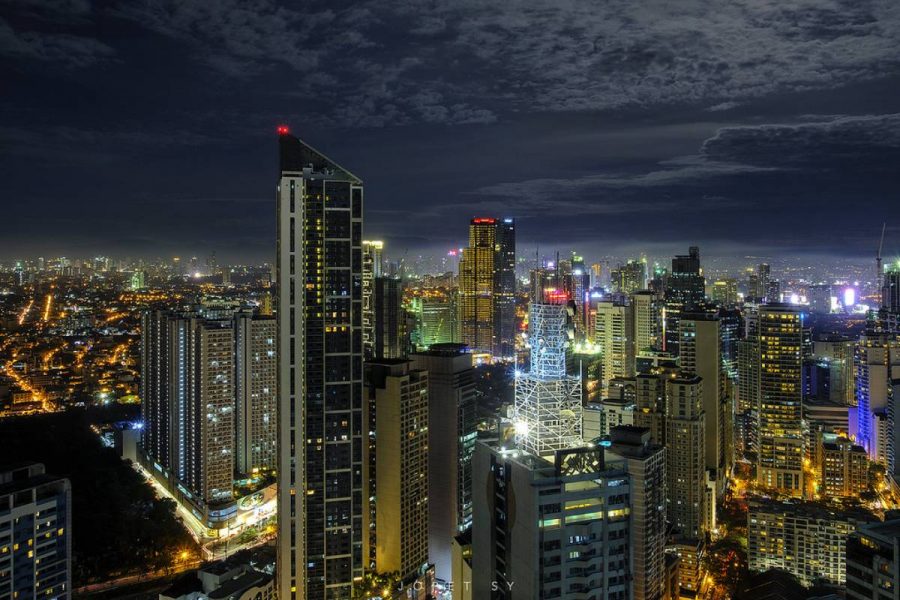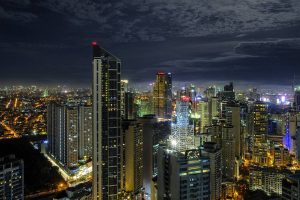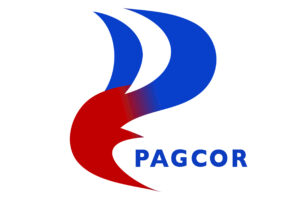Philippines to shorten curfew from tomorrow

Authorities have announced the curfew will now run from midnight to 4am. It is still unknown if the current general community quarantine (GCQ) will be renewed or not.
The Philippines.- Authorities have announced that Metro Manila will shorten its curfew hours from tomorrow (June 15). The curfew will now run from midnight to 4am.
The shorter curfew will allow people more time to visit malls, travel and eat outside. The measure was taken in order to help the economy, which has been severely impacted by the Covid-19 pandemic.
The number of Covid-19 cases in The Philippines has decreased in recent weeks but remains high. The Ministry of Health has reported 7,287 new Covid-19 cases in the last 24 hours.
It is still unknown if the government will extend the current general community quarantine (GCQ) that is due to end on June 15.
PAGCOR has announced that licensed casinos and PAGCOR-operated casinos brought in GGR of PHP25.74bn (US$536.2m) in Q1 2021, which represents an increase of 19.0 per cent from PHP25.80bn (US$538.5m) in Q4 2020.
However, PAGCOR reported that Philippine GGR was down 43.9 per cent year-on-year, mainly due to the impact of Covid-19 restrictions.
To generate more tax revenue, the Philippine president, Rodrigo Duterte wants lawmakers to pass the new bill that sets income and gaming taxes on online casinos.
The bill would also introduce a 25 per cent income tax for foreigners employed by online casinos and their service providers.
According to Bloomberg, presidential spokesman Harry Roque said: “We hope that this measure would not only generate the much-needed revenues in the country but also place the industry under stricter government oversight.”
POGOs brought in US$149.4m in tax payments last year despite the impact of the Covid-19 pandemic and the resulting departure of many firms.
However, considering the proliferation of POGOs in the country, Cayetano said their potential as a source of revenue was much bigger and that the government could have collected more than Php6.43bn (US$133.8m) in 2019 alone.









